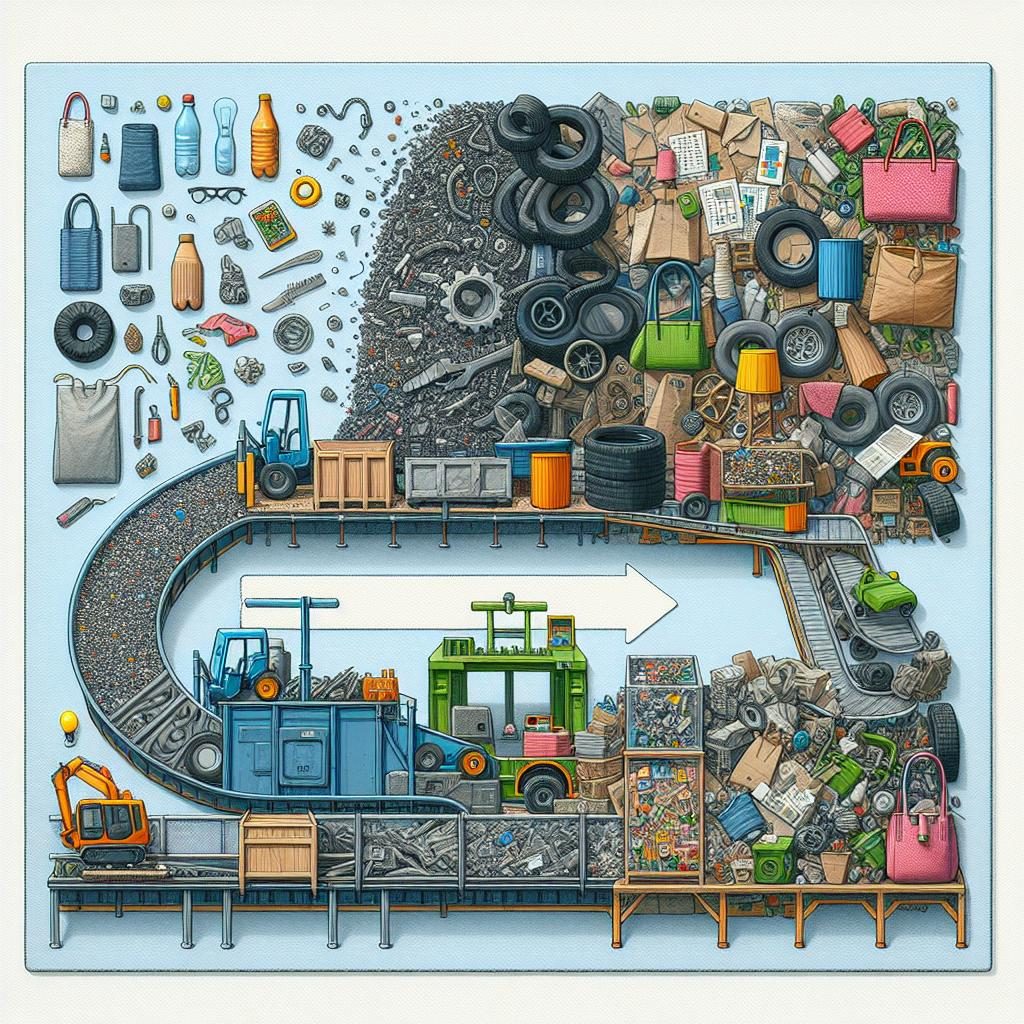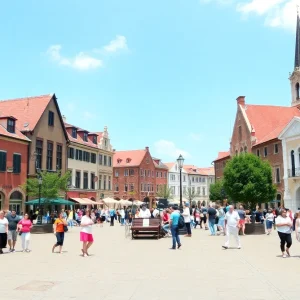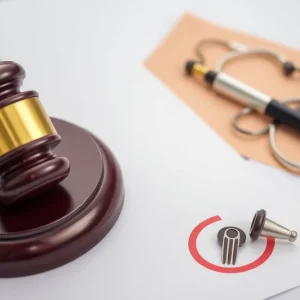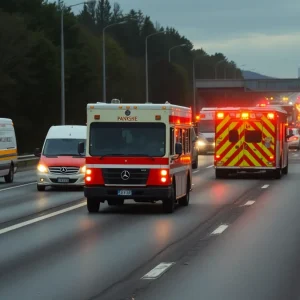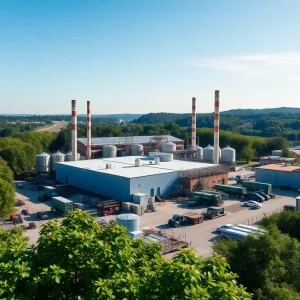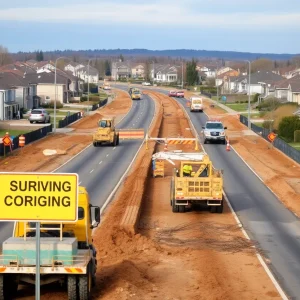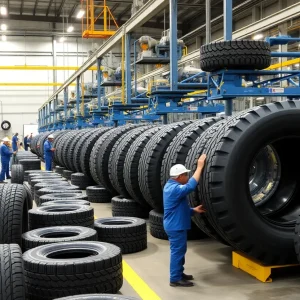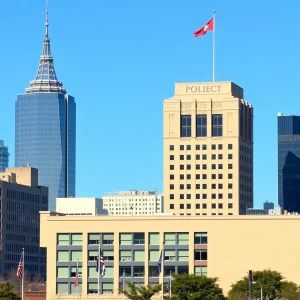Columbia Looks to Transform Waste into Wealth
COLUMBIA — The city of Columbia is on a mission to turn its waste into a sustainable resource, and it’s not just a clever recycling scheme. City officials believe they can transform the estimated 4 million pounds of biogas generated each year at the wastewater treatment plant into a cleaner form of natural gas, creating a significant financial boost and helping the environment along the way.
Right now, the wastewater treatment plant, located along Bluff Road, has been burning this biogas. This mix of methane and carbon dioxide, which contributes to climate change when released into the atmosphere, is causing quite a stir among city officials. Mayor Daniel Rickenmann perhaps best summed it up: “We’re burning $100 bills.”
Why Let It Go to Waste?
So, what’s the plan? Instead of simply flaring off this biogas — a byproduct of an anaerobic digestion system that uses tiny microorganisms to break down organic waste — Columbia wants to sell it off to develop a cleaner alternative known as biomethane. This cleaner fuel can then be used in place of conventional natural gas, offering a dual benefit: reducing harmful emissions while also generating between $500,000 and $1 million annually.
Now, this newfound revenue could mean a lot for the city’s residents. Clint Shealy, director of Columbia Water, said the profits could help stave off rate increases for around 400,000 customers. That’s good news for families trying to make ends meet in today’s economy.
It’s About the Environment
The environmental angle is just as compelling. Methane is the second most common greenhouse gas, accounting for a striking 16 percent of global emissions according to the EPA. Municipal wastewater treatment facilities are notable culprits, making it vital to find better ways to manage these emissions.
Shealy emphasized the importance of this transition: “This project doesn’t just benefit the city financially; it also helps us meet our climate goals, which are becoming increasingly critical.” It reflects a larger trend where cities are becoming more proactive in addressing climate-related issues, demonstrating a commitment to creating a cleaner future.
Capitalizing on New Opportunities
As Columbia explores this initiative, it’s also looking into potential grants and tax credits from the federal government, particularly through the Biden Administration’s 2022 Inflation Reduction Act. This act offers a variety of opportunities designed to incentivize pollution reduction projects, which could provide necessary funding for Columbia’s plans.
The mayor pointed out that this is a golden opportunity. “We’re crazy if we don’t get it done,” he said. “The EPA is pushing cities to adopt alternative energy sources, and this aligns perfectly with our objectives.”
What’s Next?
Columbia is currently in contract negotiations with two companies interested in taking on this project, aiming to get the wheels in motion quickly. The urgency comes not just from the need to manage waste better, but also from the requirement that projects benefiting from the recent grants must kick off this year to qualify for those funds.
Overall, Columbia’s approach could serve as a model for cities grappling with similar challenges, marrying waste management with revenue generation and environmental sustainability. As these plans unfold, we’ll keep our eyes peeled on how Columbia rises to the occasion. After all, it’s not often you see a city turning “waste” into a win-win scenario!



